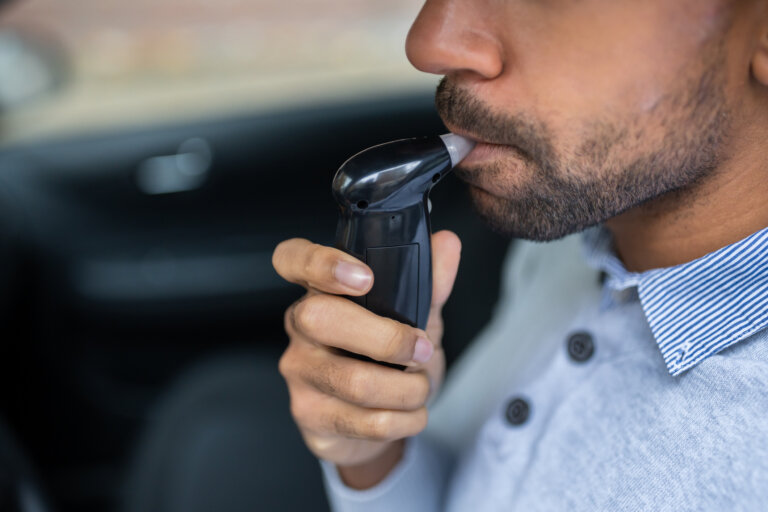Breathalyzer tests are commonly used in DUI cases to measure blood alcohol concentration, but they aren’t always accurate. Various factors, such as device malfunctions, human error, or medical conditions, can lead to faulty readings. If a breathalyzer result seems questionable, it’s possible to challenge the evidence and potentially weaken the case against you. Knowing how these tests can be flawed offers a chance to fight back against DUI charges and present a stronger defense.
Common Issues with Breathalyzer Accuracy
Breathalyzer tests, while frequently used in DUI cases, can be prone to errors. These issues can lead to inaccurate results, which may unfairly impact the outcome of a case. Some of the most common issues with breathalyzer accuracy include:
- Calibration and Maintenance Errors: Breathalyzer devices need to be regularly calibrated and maintained to ensure accurate readings. If the machine hasn’t been properly serviced or checked, it may produce false high or low readings, casting doubt on the results.
- Improper Administration: Law enforcement officers must follow specific protocols when administering a breathalyzer test. If these procedures are not followed exactly — for example, if the officer fails to observe the individual for a required period before testing — the test results may be unreliable.
- Residual Alcohol in the Mouth: Substances like mouthwash or alcohol-containing medications can leave traces of alcohol in the mouth, which may interfere with the test and inflate the results.
- Device Malfunctions: Like any machine, breathalyzers can malfunction due to technical issues, such as faulty sensors or software errors, leading to incorrect readings.
These issues provide potential grounds for challenging breathalyzer results in a DUI case, offering defendants an opportunity to contest inaccurate evidence.
Medical and Environmental Factors That Can Affect Results
Breathalyzer results can be influenced by both medical conditions and environmental factors, leading to inaccurate readings. Certain medical conditions, such as gastroesophageal reflux disease (GERD) or diabetes, can cause higher levels of alcohol to be present in the breath than what is actually in the bloodstream. GERD, for example, can cause alcohol from the stomach to rise into the mouth, skewing the results. Similarly, diabetics may produce acetone during episodes of low blood sugar, which can be mistakenly identified as alcohol by the breathalyzer.
Environmental factors can also interfere with test accuracy. Exposure to chemicals, such as paint fumes or certain cleaning products, can result in false positives. These variables highlight the potential for breathalyzer results to be challenged, especially when medical or environmental factors are involved.
Legal Grounds for Challenging Breathalyzer Results in Court
There are several legal grounds on which breathalyzer results can be challenged in court. These challenges often focus on procedural errors or violations of constitutional rights. Key legal defenses include:
- Violation of Fourth Amendment Rights: If the police conducted an unlawful stop or lacked reasonable suspicion to pull you over, the breathalyzer results may be inadmissible. The Fourth Amendment protects individuals from unreasonable searches and seizures, and evidence obtained through an illegal stop can be excluded from court.
- Improper Chain of Custody: Breathalyzer results must be properly documented and handled to maintain their integrity. If there is a break in the chain of custody — meaning the evidence was mishandled or improperly stored — the results can be questioned and potentially thrown out.
- Failure to Advise of Rights: If law enforcement did not inform you of your rights prior to administering the breathalyzer test, it may be grounds to challenge the results in court.
Why You Should Consult a DUI Attorney
At Van Elswyk Law, we understand how breathalyzer results can unfairly impact DUI cases. Our team will thoroughly investigate the circumstances of your arrest, challenge faulty breathalyzer evidence, and build a strong defense to protect your rights. If you believe your test results were inaccurate, contact us today for a consultation to explore your legal options.

